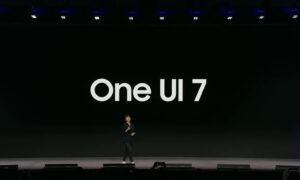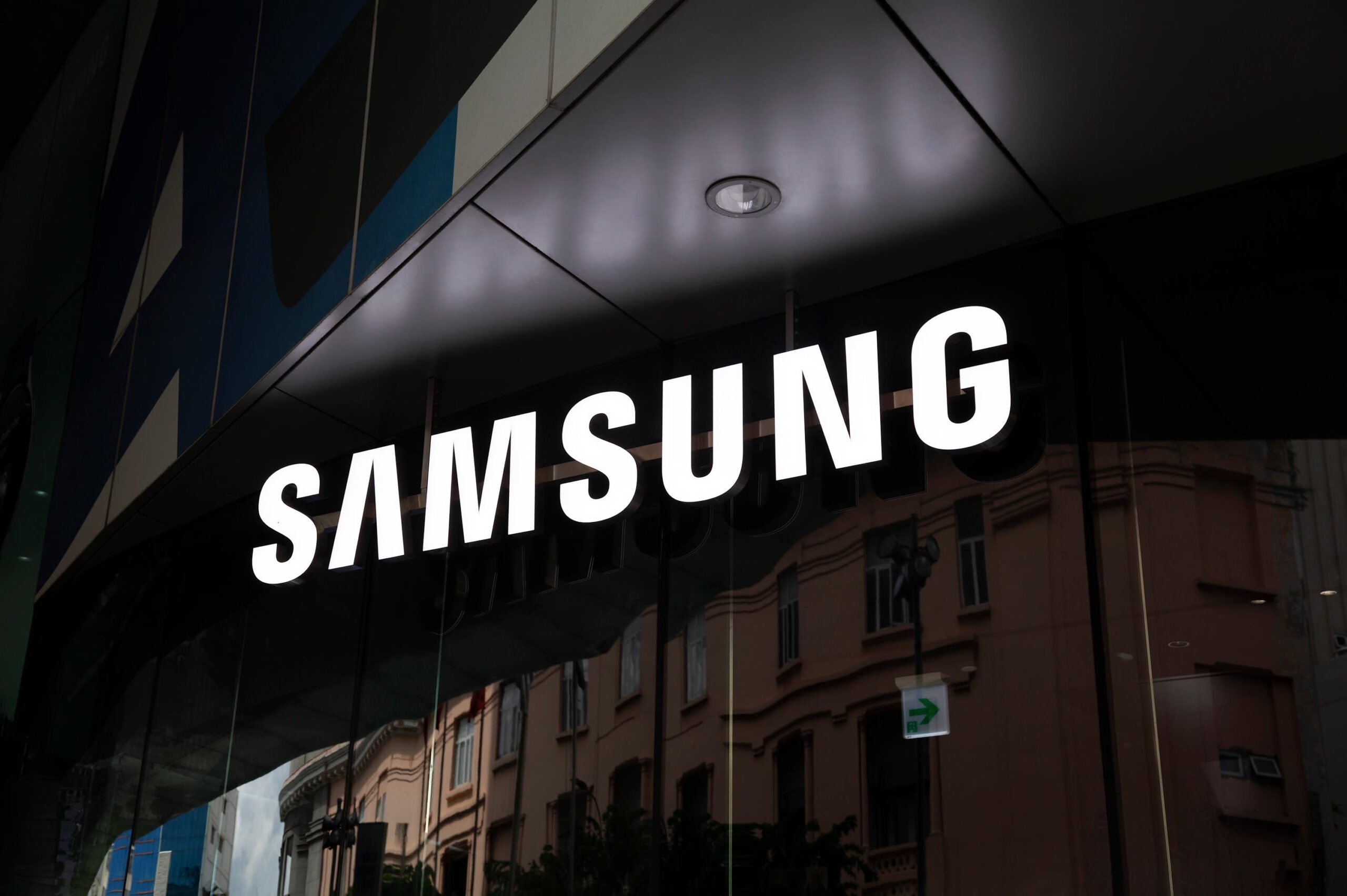According to the latest report, Microsoft research has developed a new method that enables it to read and write DNA formats at a faster speed. Microsoft introduced this method in a blog post.
In recent years, DNA storage has received more and more attention because it is a system that will not be as outdated as floppy disks and CDs in the past few decades. After all, each of us is a living body with the data capacity and computational potential of DNA computing. Representative, it will also help the computing industry cope with the challenges posed by humanity’s exponential demand for data storage.
Join Tip3X on Telegram
Welcome to the Zebyte era
DNA storage provides incredible storage density, exceeding 1 exabyte per cubic inch, which means that 9 zettabytes of information (1 zettabyte = 1 trillion GB) can be stored in the space of a small refrigerator. According to Microsoft, this medium may also have a lower carbon footprint than traditional computer storage.
At present, the biggest obstacle to DNA storage is that scientists can only successfully synthesize a small amount of DNA, and the speed is very slow. However, researchers at Northwestern University recently announced a new method that can synthesize DNA faster.
In the new blog post, Bichlien Nguyen and Karin Strauss of Microsoft Research detailed a new proof-of-concept molecular controller, or a “micro-DNA storage and writing mechanism on a chip.” The researchers explained that in the experiment, the controller successfully demonstrated the ability to “pack the DNA synthesis points three orders of magnitude tighter than before”, which means that it is a thousand times faster than before.

Reduce the stratospheric cost of DNA storage
The Microsoft team worked with the University of Washington Molecular Information Laboratory (MISL) to design this new method, which was described in detail in a paper in the journal Science Advances. Scientists say that their new method increases write throughput, which in turn will greatly reduce the cost of writing synthetic DNA code. This is crucial because recent estimates show that the price of synthetic 1Mb information can reach $3,500.
According to the team of scientists, this new method may help realize commercial DNA storage in the future, which will help the world meet the growing demand for data storage. For reference, a recent report by International Data Corporation shows that the demand for data storage will increase by 20.4% year on year, and by 2024 the world will reach nearly 9 zettabytes.
DNA storage does have a long way to go, and there are still some obstacles to overcome. In fact, no one can guarantee the commercialization of DNA storage. To this end, Microsoft is also developing holographic data storage through its Silica project, which is also expected to bring us collectively into the zettabyte era.















